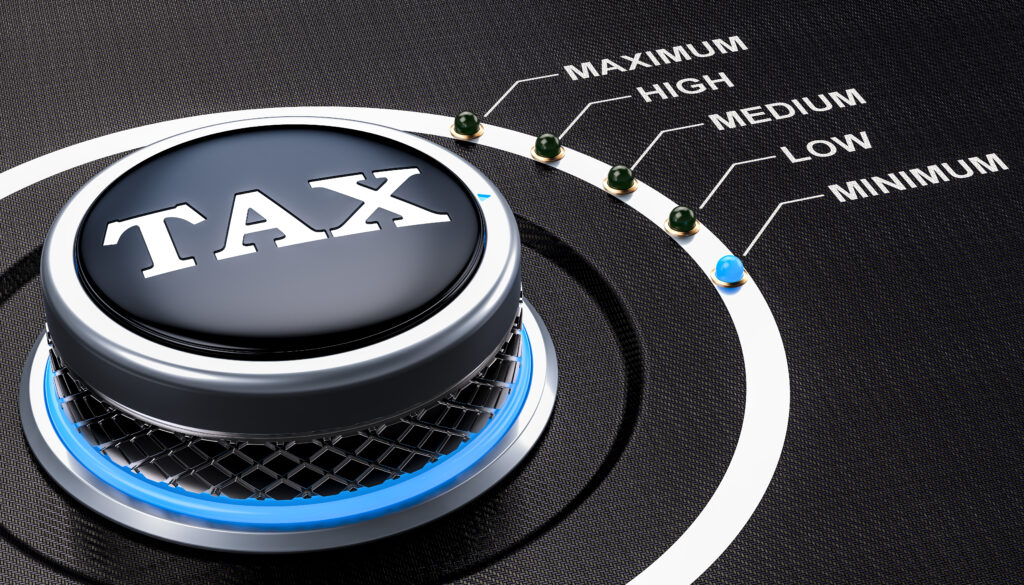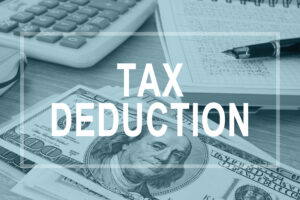Is The U.S. Really a Low-Tax Country?

Many U.S. taxpayers feel that our country’s taxes are too high, no matter which economic class you’re in. Likewise, regardless of which side of the political world you rest, most people would agree that the U.S. tax system needs some serious upgrading, and not just some fine-tuning. However, it appears that compared to many of the other developed countries in the world, the U.S. is actually on the low end of the tax scale.
According to the Organization for Economic Cooperation and Development, some of the most recent numbers show that about 30 other developed economies have higher taxes than the United States. In 2014, the U.S. government collected 26 percent of the gross domestic product revenue, which was way below the average of the rest of the world, which is 34.4 percent.
Of the 30 countries included in the report, there were only three economies that had a smaller tax percentage than the United States: South Korea, Chile and Mexico. Denmark leads the list with the highest percentage; a whopping 50.9 percent, and France, Italy, the U.K. and Germany were all over 30 or even 40 percent as well.
So why do U.S. taxpayers complain so much about taxes, if the country is actually towards the bottom of the list? It’s because the U.S. is the only country on the list that doesn’t use a Value Added Tax, or VAT. A VAT helps supplement revenue from other sources, which raises nearly 7 percent of the GDP in these countries. The U.S., on the other hand, has to count on other taxes to supplement its revenue because it does not have a VAT. And that won’t likely change any time soon.
Commonly Overlooked Tax Deductions
Commonly Overlooked Tax Deductions As the tax filing deadline approaches, taxpayers are always looking for legitimate tax deductions they may have overlooked. For example, did you know you can deduct the money your business spent to purchase office supplies during the year? As long as these expenses were for items that are ordinary and necessary…
Tax Benefits of Owning a Home
Tax Benefits of Owning a Home Deducting mortgage interest In most cases, you can fully deduct your mortgage interest secured by your primary or secondary home. Beginning in 1987, mortgage interest to buy, build, or improve your home (acquisition debt) up to $1,000,000 or home equity loans up to $100,000 became tax deductible. Points (also known…
Popular Tax Credits for First-Time Homebuyers, Students and Those With Childcare
Popular Tax Credits for First-Time Homebuyers, Students and Those With Childcare By Victor Omelczenko 1/26/2009 Whether you’re looking to lower your tax bill or increase your refund, these IRS tips can help your bottom line. Tax credits can help pay the cost of raising a family, going to college, saving for retirement or getting day…
Profit From Your Children
Profit From Your Children Profit from your children? Making maximum use of your dependents can help slash your taxes significantly. “Dependents” generally mean your kids, but many of these gambits also work with low-income parents you might be assisting financially — even if they aren’t your dependents. Here are a few to consider. Hire your…


